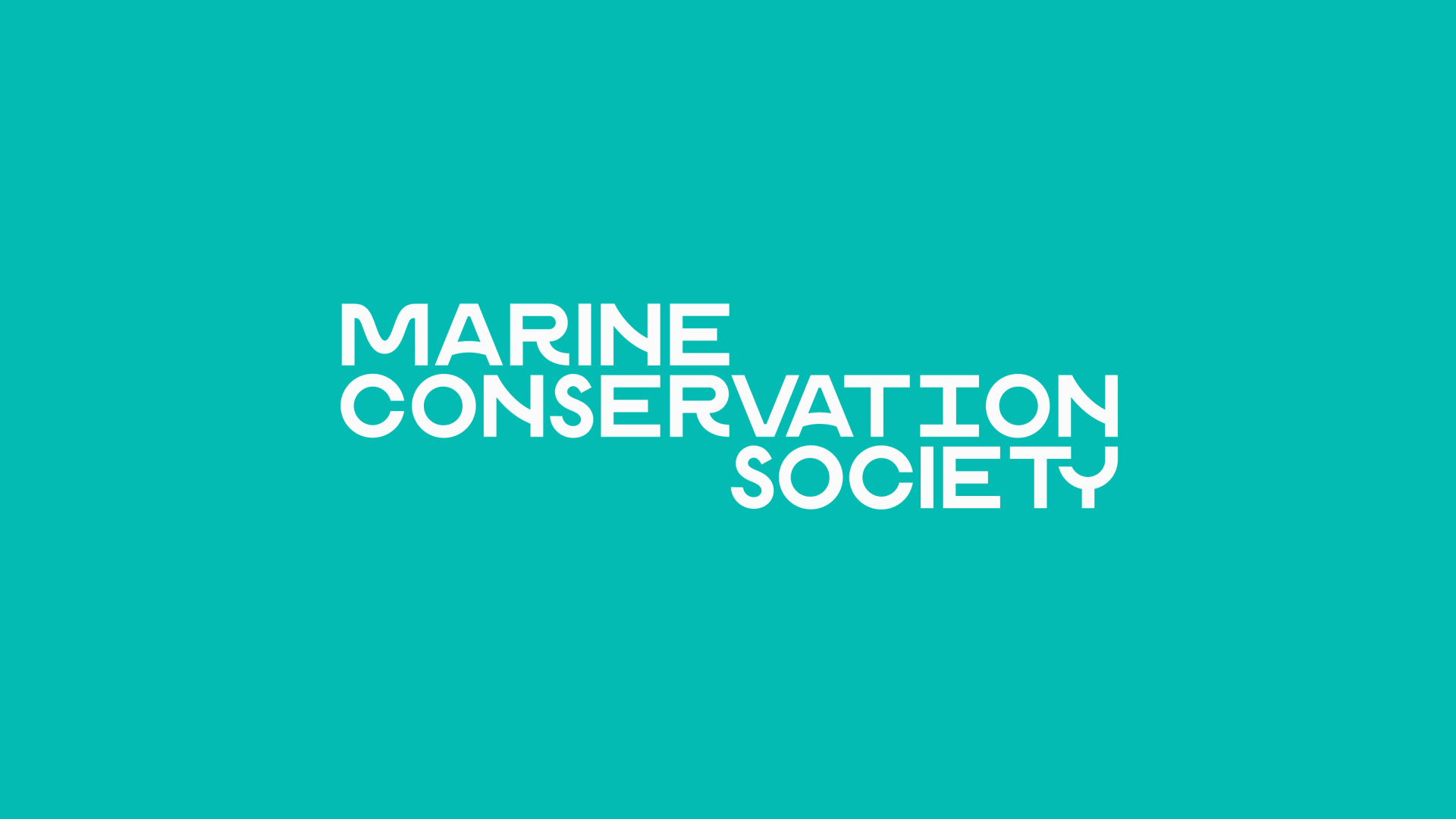Marine Life & Conservation
Marine Conservation Society celebrate human connection to the sea on Blue Monday with three new films

 The Marine Conservation Society has released a series of three short films, exploring human connection to the ocean.
The Marine Conservation Society has released a series of three short films, exploring human connection to the ocean.
Supported by players of People’s Postcode Lottery and created by filmmaker Dominic Joyce, the films follow three individuals as they explore the different experiences which led them to a deep connection to our blue planet: surfing, diving and beach cleaning.
Laura Chow, head of charities at People’s Postcode Lottery, said: “The sea means something different to each of us. These films capture the awe-inspiring nature of the sea, the close emotional connection that individuals have with it and the positive impact it has on health and wellbeing. But the films also highlight the vulnerability of our ocean and how susceptible it is to the negative impact of humans.
“Our players have raised £3.25 million to support Marine Conservation Society. I’m delighted this money is helping protect our ocean and marine environments, helping them to thrive so they can continue to be enjoyed by everyone.”
Dominic Joyce, filmmaker, said: “I was so happy when this project first entered my inbox as the ocean has always been a point of fascination to me. It has always been such an integral part of the human experience (and I say that as a man born and raised in the midlands).
“Each of our contributors have such an incredible relationship with the sea from both an environmental standpoint and a personal one. Each story demonstrates what power the ocean has over us. My hope is that people watch these films and see that the British coast is truly one of the most beautiful coastlines in the world and one that is so clearly worth protecting.”
The films are available to watch, in full, via the charity’s website.
Charlotte, who has autism, mild cerebral palsy and bipolar disorder, is now a competitive parasurfer and volunteer for the Wave Project. In the film, Charlotte speaks of her fear of the ocean, until her Mum signed her up for surf therapy lessons. As someone who was very scared of the sea, and spent much of the first lesson on the beach, Charlotte’s journey to surfing competitively is a wonderful story of the restorative power of the ocean.
“As soon as I walked into the water, I just felt very calm, in control and happy – the first time I’d been in the sea, happy and not worrying about anything else”
Charlotte has since competed in, and won, several surfing competitions and now supports the Wave Project helping other young people like her.
Georgie is a Marine Conservation Society volunteer, and part of the charity’s Seasearch programme for divers. In her film, Georgie takes viewers underwater to see some of the wonders of UK seas and the unfortunate reality of human impact.
The film highlights the incredible diversity of life, colour and beauty in the UK’s waters, “if you’re willing to get a little bit chilly”, as Georgie says. As a photographer, Georgie’s goal is to capture the UK’s seas in a way that inspires and motivates others, and builds a connection between people and the sea.
“I don’t think I’ve ever done a dive and not seen some form of human impact”
Whether on a small or large scale, Georgie’s film highlights the issue of marine pollution, from fishing nets to microplastics, and how it’s become part of experiencing the ocean. But the film is full of hope and inspiration, as Georgie says, “there is a lot we can do as individuals”.
Divers and snorkellers can sign up for Seasearch; volunteers survey the state of UK seas, providing data and insight into marine flora and fauna. For more information, please visit the Seasearch website: www.seasearch.org.uk
Vaishalli is a Marine Conservation Society volunteer, and in her film, speaks of her connection to the ocean which she found through beach cleaning.
“Going to a calm and quiet beach, it helps you focus better – blows away the cobwebs – It cleanses your mind and you go home feeling relaxed, happy and rejuvenated”
As a dedicated beach cleaner, Vaishalli sees firsthand the impact of pollution on marine life; she speaks in the film of spotting a seabird tangled in fishing wire on the first beach clean she attended. “We don’t think our actions can have major consequences”, she says. But everyone can make a difference: “It’s really important for us to change things now, and we can.”
The Marine Conservation Society’s beach cleaning project runs year round, with volunteers able to organise their own beach clean, or join one at their local coast. To see beach cleans happening near you, or to sign up as a volunteer, please visit the charity’s website: https://www.mcsuk.org/what-you-can-do/join-a-beach-clean/.
To watch all three films, please visit the Marine Conservation Society’s website.
Marine Life & Conservation
Double Bubble for Basking Sharks

 The Shark Trust is excited to announce that, for two more days only, all donations, large or small, will be doubled in the Big Give Green Match Fund!
The Shark Trust is excited to announce that, for two more days only, all donations, large or small, will be doubled in the Big Give Green Match Fund!
Donate to Basking in Nature: Sighting Giants
The Shark Trust is hoping to raise £10k which will be doubled to £20k. This will go towards Basking in Nature: Sighting Giants. And they need YOUR help to reach they’re goal.
The Shark Trust’s citizen science project is to monitor and assess basking sharks through sightings; encouraging data collection, community engagement, and promoting nature accessibility. This initiative aims to enhance health and wellbeing by fostering a deeper connection with British Sharks.
Campaign Aims
- Increase citizen science reporting of Basking Sharks and other shark sightings to help inform shark and ray conservation.
- Provide educational talks about the diverse range of sharks and rays in British waters and accessible identification guides!
- Create engaging and fun information panels on how to ID the amazing sharks and rays we have on our doorstep! These can be used on coastal paths around the Southwest. With activities and information on how you can make a difference for sharks and rays!
- Promote mental wellbeing through increasing time in nature and discovering the wonders beneath the waves!
Donate, and double your impact. Click Here
Marine Life & Conservation
Leading UK-based shark conservation charity, the Shark Trust, is delighted to announce tour operator Diverse Travel as a Corporate Patron

 Corporate Patrons provide a valuable boost to the work of The Shark Trust. The Trust team works globally to safeguard the future of sharks, and their close cousins, the skates and rays, engaging with a global network of scientists, policymakers, conservation professionals, businesses and supporters to further shark conservation.
Corporate Patrons provide a valuable boost to the work of The Shark Trust. The Trust team works globally to safeguard the future of sharks, and their close cousins, the skates and rays, engaging with a global network of scientists, policymakers, conservation professionals, businesses and supporters to further shark conservation.
Specialist tour operator Diverse Travel has operated since 2014 and is committed to offering its guests high quality, sustainable scuba diving holidays worldwide. Working together with the Shark Trust will enable both organisations to widen engagement and encourage divers and snorkellers to actively get involved in shark conservation.
“Sharks are truly at the heart of every diver and at Diverse Travel, we absolutely share that passion. There is nothing like seeing a shark in the wild – it’s a moment that stays with you forever!” says Holly Bredin, Sales & Marketing Manager, Diverse Travel.
“We’re delighted to celebrate our 10th year of business by becoming a Corporate Patron of the Shark Trust. This is an exciting partnership for Diverse and our guests. We will be donating on behalf of every person who books a holiday with us to contribute towards their vital shark conservation initiatives around the world. We will also be working together with the Trust to inspire divers, snorkellers and other travellers to take an active role – at home and abroad – in citizen science projects and other activities.”
Paul Cox, CEO of The Shark Trust, said:
“It’s an exciting partnership and we’re thrilled to be working with Diverse Travel to enable more divers and travellers to get involved with sharks and shark conservation. Sharks face considerable conservation challenges but, through collaboration and collective action, we can secure a brighter future for sharks and their ocean home. This new partnership takes us one more valuable step towards that goal.”
For more information about the Shark Trust visit their website here.
For more about Diverse Travel click here.
-

 News3 months ago
News3 months agoHone your underwater photography skills with Alphamarine Photography at Red Sea Diving Safari in March
-

 News3 months ago
News3 months agoCapturing Critters in Lembeh Underwater Photography Workshop 2024: Event Roundup
-

 Marine Life & Conservation Blogs2 months ago
Marine Life & Conservation Blogs2 months agoCreature Feature: Swell Sharks
-

 Blogs2 months ago
Blogs2 months agoMurex Resorts: Passport to Paradise!
-

 Blogs2 months ago
Blogs2 months agoDiver Discovering Whale Skeletons Beneath Ice Judged World’s Best Underwater Photograph
-

 Gear Reviews3 months ago
Gear Reviews3 months agoGear Review: Oceanic+ Dive Housing for iPhone
-

 Marine Life & Conservation2 months ago
Marine Life & Conservation2 months agoSave the Manatee Club launches brand new webcams at Silver Springs State Park, Florida
-

 News3 months ago
News3 months agoWorld’s Best Underwater Photographers Unveil Breathtaking Images at World Shootout 2023




















